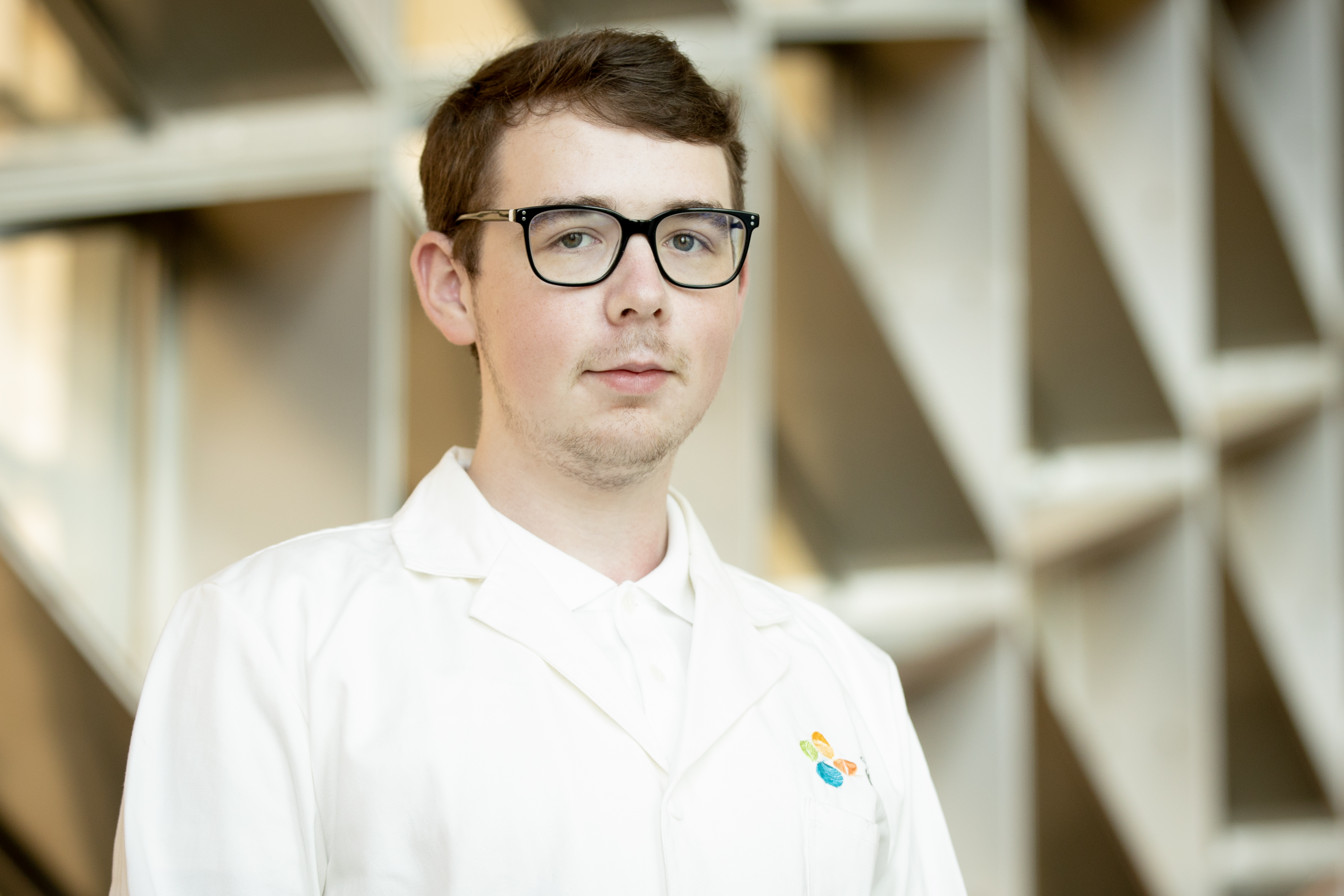Abstract: The push for greener chemistry and less impactful production in the industrial processes requires enzymes that can withstand hostile industrial conditions, e.g. high temperatures, pH and pressure. A great and unveiled source of (novel) enzymes are the extreme environments and the extremophilic microbes living and thriving in these environments. Due to the metabolic adaptations, extremophiles can be a valuable reservoir of extremozymes that can be a more stable alternative to mesophilic catalysts. Al Wahbah crater is one of the scenic landscapes of Saudi Arabian volcanic sites. The microbial community flourishing in its extreme conditions is underexplored, and its potential application in biotechnology (e.g., enzymes) remain hidden. In this way, the main objective of this work was to identify bacterial strains from the crater that are capable of producing important hydrolysing enzymes and to investigate their genomes. In this study, soil samples were collected and analysed for elemental composition and further used for the isolation of culturable microbes. Soil samples were very saline with sodium concentrations of 23-59 g/Kg and slightly alkaline. The majority of the bacteria were identified under mesophilic temperatures and from the clay sample using an R2A culture medium. The bacterial fraction was morphologically and molecularly identified using 16S sequencing and explored for the production of hydrolysing enzymes using selective media. The dominance of Firmicutes was observed in the strains, with Bacillus the most common genus. The five bacterial strains producing enzymes in the highest quantities were sent for the whole genome sequencing with the following bioinformatics analysis. They were identified as Bacillus spizizenii, B. cereus, B. vallismortis, and B. haynesii. Apart from different families of enzymes annotated in the respective genomes, such as Glycoside Hydrolases, Glycosyl Transferases, Polysaccharide Lyases, a great number of secondary metabolites with antimicrobial and antifungal properties were predicted. The result of the study revealed the great metabolic potential of the selected bacterial strains, generated data for further studies and was just a first step in the exploration of genomic features and biotechnological potential of those bacteria.
Bio:
Andrii has received his BSc degree in Biotechnology and Bioengineering from the National University of Life and Environmental Sciences of Ukraine, Ukraine, in 2020. After admission to KAUST for M.S. in Environmental Science and Engineering, he joined the Microbial EcoGenomics and Biotechnology Laboratory (MEGB) to conduct his master’s thesis research. There his microbial research supervised by Prof. Alexandre Soares Rosado is focused on bioprospection of bacterial fractions from Saudi Arabia's terrestrial environments.


